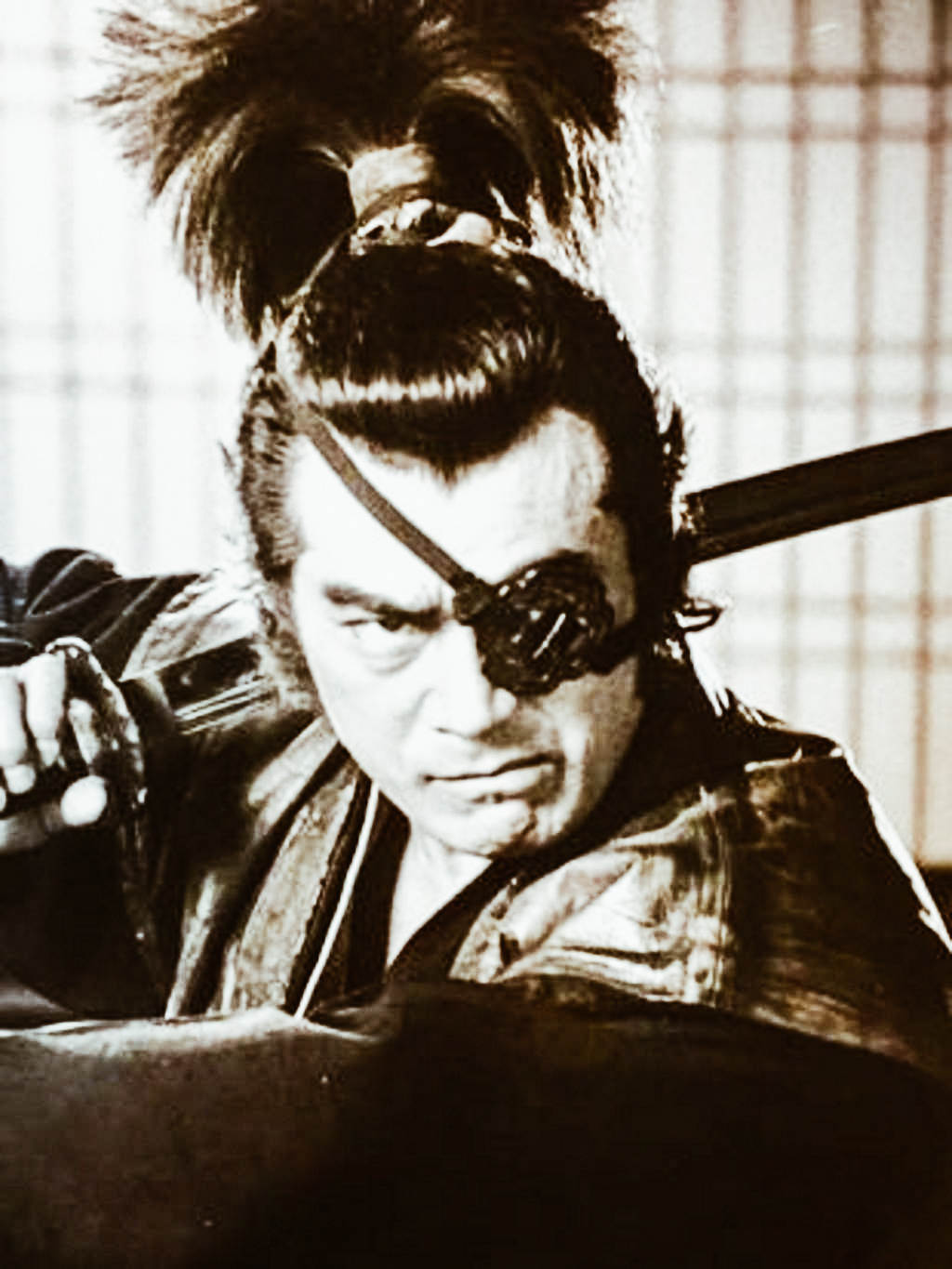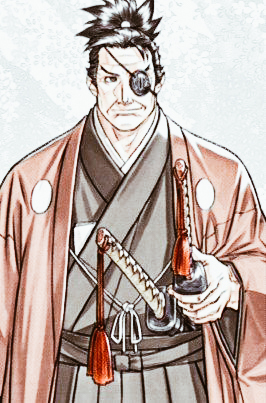Japan History: Yagyū Jūbei Mitsuyoshi
Yagyū Jūbei was one of Japan’s greatest swordsmen and we decided to dedicate a blog to him. Despite the little information, he is known as a warrior poet, protector of the weak and a great supporter of the samurai code.

photo credits: deviantart.com
Despite the lack of documentation on the life of Yagyū Jūbei Mitsuyoshi (born “Shichirō”, 1607 – 12 April 1650) we know that he grew up in a small village near Nara, Yagyū no Sato. His father was Yagyū Tajima no Kami Munenori, master swordsman of the famous Tokugawa family. Both Jubei’s father and grandfather had been great masters in the art of the sword. His grandfather was the founder of the Yagyu Shinkage school, which still exists today and was famous for defeating armed samurai with bare hands at the age of 70. His father, on the other hand, was the personal tutor of three shogun and seems to have defeated seven assassins in a battle. Jubei inherited the skill from them and at 9 he was already showing signs of great strength. In fact, he replaced his father in teaching the sword to the Tokugawa family.
The life
At 24 he became the greatest swordsman of the famous Yagyu clan. He was expelled from the Edo court without any reasons, it is not known whether he was fired from the shogun, or for a pilgrimage departure.
In the following 12 years, there is no more news, until his reappearance at the age of 36 at an absolutely impressive fencing demonstration. From there, he was again integrated into the government. He managed to take control of the family lands until the death of Yagyū Tajima no Kami Munenori in 1646. He wrote his fencing and philosophy book, Tsuki no Shō (月之抄) or The Art of Looking at the Moon. He died at the age of 43 in unclear circumstances, it is not known if it was due to a heart attack, an accident during the hunt or even murdered by one of his brothers. Yagyū Jūbei was buried next to his grandfather, Yagyū Munetoshi, he was then given the posthumous Buddhist name of Sohgo.
The Legend of Yagyū Jūbei
According to legend, Yagyū Jūbei had only one eye, the other seems to have lost it in a fencing session with his father. Despite this, some portrayed him with two eyes, even if the figure of the swordsman with an eye patch always remains the favorite.

photo credits: taigong788.skyrock.com/
Share this:
- Click to share on Facebook (Opens in new window)
- Click to share on Twitter (Opens in new window)
- Click to share on Tumblr (Opens in new window)
- Click to share on Pinterest (Opens in new window)
- Click to share on Telegram (Opens in new window)
- Click to share on WhatsApp (Opens in new window)
- Click to share on Reddit (Opens in new window)
- Click to print (Opens in new window)






